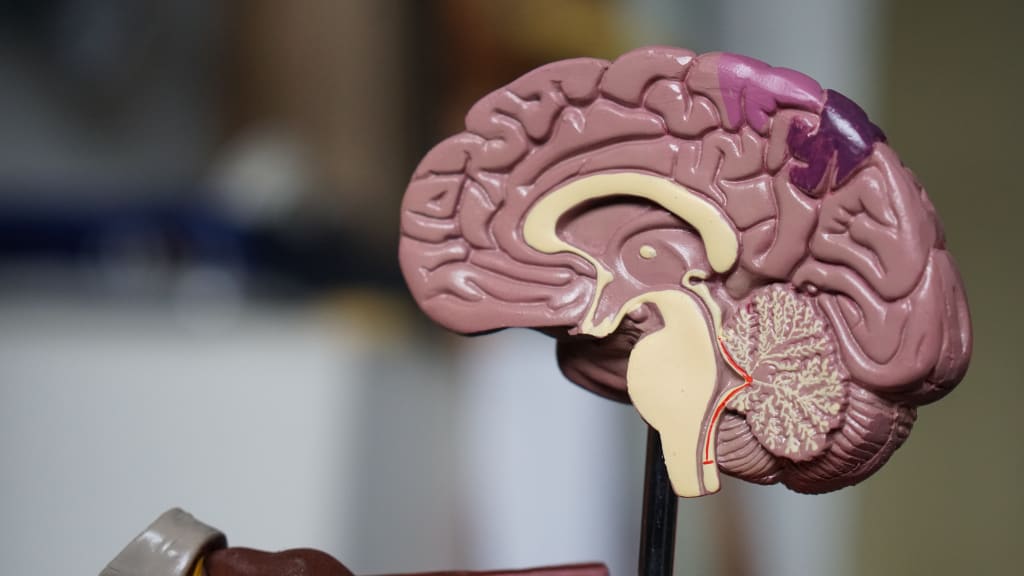Navigating the Depths of Major Depressive Disorder and Autism Spectrum Disorder
Unveiling the Layers of Mental Health Complexity

Major Depressive Disorder: Unraveling the Layers of Despair
The human response to stress, loss, and adversity is a complex tapestry, varying from person to person. Many of us have encountered moments of low mood and spirit during challenging times, losing sleep, appetite, and the desire for social interactions. This transient change in behavior is a normal reaction to stress, typically dissipating in a matter of days. However, when symptoms persist for more than two weeks, impacting social, domestic, and occupational functioning, it may signal a shift from a normal reaction to a pathological one, possibly indicating clinical depression.
Major Depressive Disorder (MDD) is a prevalent yet often undiagnosed condition, contributing significantly to the global burden of disease. According to the International Global Burden of Disease study, MDD ranks as the third leading cause of years lived with disability (YLDs) in Pakistan and worldwide. The economic and societal burden of mental illness, particularly MDD, is substantial, reaching an estimated $4,264 million in Pakistan alone in 2006.
The urgency in addressing MDD stems from its potential to escalate into severe clinical depression, with severe cases sometimes leading to suicide. Alarmingly, reports suggest that every 40 seconds, a person commits suicide, emphasizing the critical need for mental health awareness, diagnosis, and treatment.
Diagnosing Major Depressive Disorder: Recognizing the Signs
The diagnosis of Major Depressive Disorder relies on a set of nine symptoms outlined in the Diagnostic and Statistical Manual (DSM-V), with at least one symptom of depressed mood or loss of interest or pleasure persisting for two weeks. These symptoms include changes in weight or appetite, insomnia or hypersomnia, psychomotor agitation, loss of energy or fatigue, feelings of worthlessness or guilt, impaired concentration or indecisiveness, and thoughts of death or suicidal ideation.
The severity of MDD can range from mild to severe, impacting various facets of daily functioning. In severe cases, individuals may experience hallucinations and delusions, referred to as Major Depression with Psychotic Features. Timely diagnosis and intervention are crucial in managing MDD, as it poses a significant public health challenge.
Autism Spectrum Disorder: Embracing Neurodiversity
Transitioning from the complexities of MDD, let's delve into the realm of Autism Spectrum Disorder (ASD). ASD encompasses a spectrum of neurobehavioral conditions, with individuals exhibiting a diverse range of symptoms. While the exact cause of autism remains unknown, a combination of genetic, environmental, and psychological factors is believed to contribute to its development.
ASD manifests in three major types: Classical or Kanner's Autism (severe), Asperger's Syndrome (high-functioning), and Pervasive Developmental Disorder or Atypical Autism. Each type presents varying degrees of severity, with level-based classifications indicating the level of clinical support required.
Individuals with ASD commonly experience challenges in social interaction, communication, and may exhibit repetitive behaviors. While there is no cure for autism, interventions focus on adapting individuals to navigate the world more effectively. Recent studies, such as those at UCLA, explore changing stimuli to normalize autistic features, emphasizing the importance of embracing neurodiversity.
Autism and Savant Abilities: Unlocking Unique Talents
Autism is not solely a challenge; it brings forth unique talents and strengths. Some individuals with ASD exhibit Savant Syndrome, showcasing exceptional abilities in areas like mathematics, art, music, and memory. Figures like Isaac Newton, Mozart, Charles Darwin, Nikola Tesla, and Albert Einstein are believed to have displayed symptoms related to Asperger's, contributing groundbreaking advancements to society.
Understanding and accepting neurodiversity is crucial in reshaping societal perceptions of autism. Autistic individuals, like the author Wali, who shares his personal experience, navigate a world that often misunderstands their differences. By embracing individuality and advocating for awareness, we can create a more inclusive and supportive environment for those with ASD.
Schizophrenia: Unveiling the Complexities of Perception
Shifting gears, Schizophrenia emerges as a personality disorder characterized by a disrupted balance between the neurotransmitters Dopamine and Acetylcholine in the midbrain's Substantia Nigra. This imbalance leads to symptoms such as delusions, hallucinations, lack of hygiene awareness, and catatonia.
Treatment involves anti-psychotic medications like Risperidone, aiming to regulate Dopamine secretion. Physical exercise is also recommended to alleviate catatonic effects. While advancements in treatment have been made, further research is needed to unravel the intricate mechanisms of Schizophrenia fully.
In conclusion, the exploration of Major Depressive Disorder, Autism Spectrum Disorder, and Schizophrenia underscores the importance of understanding, acceptance, and continued research in the realm of mental health. These disorders, each with its unique challenges and strengths, call for a compassionate and informed approach to foster a more inclusive and supportive global community.
About the Creator
Līva
World is interesting place. Scary, but worth living.
Nature is full of surprises and people are... well, people are something else.
Art is the best doctor.
Enjoyed the story? Support the Creator.
Subscribe for free to receive all their stories in your feed. You could also pledge your support or give them a one-off tip, letting them know you appreciate their work.





Comments
There are no comments for this story
Be the first to respond and start the conversation.